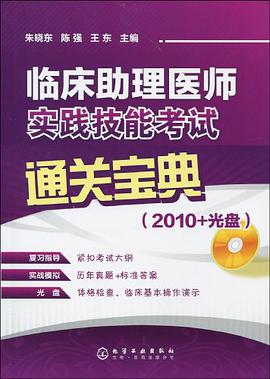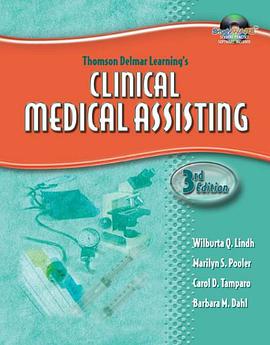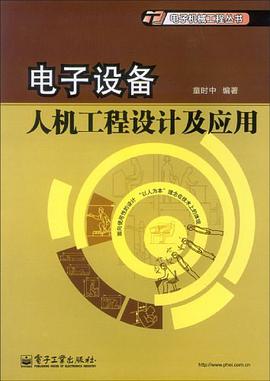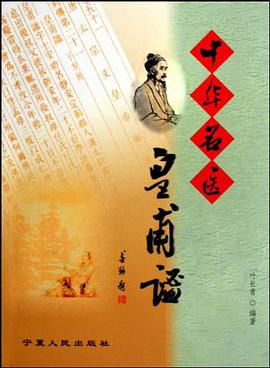

Pulse diagnosis, one of the jewels of traditional Chinese medicine, is a profoundly subtle instrument for the early diagnosis and prevention of disease. Yet far too often, in the haste of modern education and practice, it has become a neglected art. Chinese Pulse Diagnosis: Revised Edition offers a clear and practical path toward a much deeper understanding of this traditional diagnostic method, while recasting its interpretation in the context of our own times. The book is organized in seventeen chapters, which are presented in an advancing hierarchy of complexity. The early chapters consider such general issues as terminology, classification of pulse qualities, historical comparisons of positions and depths, the effects of age and gender, and a methodology for taking the pulse. The middle chapters provide an in-depth look at each of the individual pulse qualities, identified by felt sensation based on such characteristics as rate and rhythm, stability, volume, depth, size, and shape. The types of pathology associated with each of the qualities are also discussed. Later chapters examine the significance of the qualities when found across the entire pulse, or large segments of the pulse (left or right side, across the burners), and at different depths. The relationship of the various pulse qualities to psychology and prognosis are addressed in separate chapters. A final summary chapter on interpretation, supported with case histories, draws everything together to show how this information can be formulated into a rational diagnosis. Key information in the book is organized and richly illustrated in over one hundred tables and graphic drawings. Individual chapter tables of contents and extensive indexes provide convenient access to every aspect of this important subject. Pulse diagnosis, one of the jewels of traditional Chinese medicine, is a profoundly subtle instrument for the early diagnosis and prevention of disease. Yet far too often, in the haste of modern education and practice, it has become a neglected art. Chinese Pulse Diagnosis: Revised Edition offers a clear and practical path toward a much deeper understanding of this traditional diagnostic method, while recasting its interpretation in the context of our own times. The book is organized in seventeen chapters, which are presented in an advancing hierarchy of complexity. The early chapters consider such general issues as terminology, classification of pulse qualities, historical comparisons of positions and depths, the effects of age and gender, and a methodology for taking the pulse. The middle chapters provide an in-depth look at each of the individual pulse qualities, identified by felt sensation based on such characteristics as rate and rhythm, stability, volume, depth, size, and shape. The types of pathology associated with each of the qualities are also discussed. Later chapters examine the significance of the qualities when found across the entire pulse, or large segments of the pulse (left or right side, across the burners), and at different depths. The relationship of the various pulse qualities to psychology and prognosis are addressed in separate chapters. A final summary chapter on interpretation, supported with case histories, draws everything together to show how this information can be formulated into a rational diagnosis. Key information in the book is organized and richly illustrated in over one hundred tables and graphic drawings. Individual chapter tables of contents and extensive indexes provide convenient access to every aspect of this important subject.
具體描述
讀後感
用戶評價
相關圖書
本站所有內容均為互聯網搜索引擎提供的公開搜索信息,本站不存儲任何數據與內容,任何內容與數據均與本站無關,如有需要請聯繫相關搜索引擎包括但不限於百度,google,bing,sogou 等
© 2025 onlinetoolsland.com All Rights Reserved. 本本书屋 版权所有




















